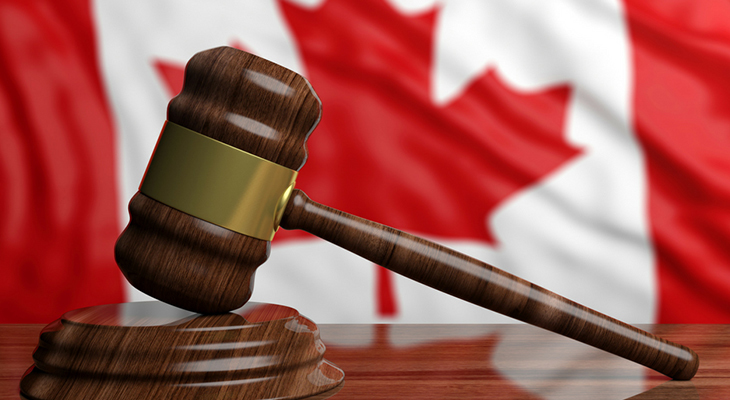
Bail is defined as the temporary release of a person who is charged with a criminal offence. This release or detention is given to the offender prior to being tried in court or sentenced. This way, a person is free to roam around his/her city of residence as the charges work their way through the court system towards a withdrawal of the charges, a resolution or a trial.
Canadian Law terms bail as Judicial Interim Release. It is usually provided after a bail hearing. These hearings are conducted by a Justice of the Peace although Judges can sometimes preside over a Bail Hearing.
The Justice of Peace does not necessarily need a law degree. He/she is usually a well-educated person with relevant experience and is known as an upstanding member of the community.
Is A Bail Hearing A Trial?
A bail hearing is not a trial even if a Judge presides over it. Since the question of guilt or innocence is not decided in this court, it cannot be considered a trial. The issue decided upon in this hearing is whether the accused person should be released back into the community while the case proceeds through the criminal court system.
If a person is denied bail, he/she will be kept in custody while the case is ongoing. The accused can also apply to the higher courts for a Bail Review.
Do All Arrests Result In Bail Hearings?
No, not all accused individuals are held for bail hearings. Some individuals can be released from the police station. The authorities at the station look into different factors after the arrest. Based on these factors, they decide whether the accused can be released from the police station on what’s called a “Promise to Appear” and an “Undertaking to An Officer in Charge”.
Some of the factors that are considered include:
- Previous criminal records
- Seriousness of the charges
- Presence of outstanding charges
The officers in charge decide whether the accused can be released from the station or if a Bail Hearing is necessary based on these charges.
How Does A Typical Bail Hearing Proceed?
The procession of bail depends on the take of the Crown on the case. If the Crown is prepared to consent to the release, on what conditions? The conditions put forth by the Crown decide how the trial will proceed.
If the conditions are reasonable and acceptable to the accused, then the Bail Hearing will happen there and then in the bail court and it will be quick.
On the other hand, if the Crown takes the position that the accused should not be released, or if the parties cannot come to an agreement about the conditions, there will have to be a Bail Hearing called the Show Cause Hearing.
In this hearing, the Crown will present the allegations to the Court. After this, the lawyer appointed to the offender is free to present evidence and witnesses. Based on the submissions made to the Justice Of Peace, the decision is made.
Factors Considered During A Bail Hearing
The presiding justice considers certain factors while deciding whether the accused should be allowed on bail or not. The relevant factors include (but are not limited to):
- Previous criminal record
- Seriousness of the charges
- Proposed surety to supervision
- Protection of the public or the complainant
- The likelihood that the accused will commit further offences if released
- The age, mental health, education and employment status of the accused
Is Surety Always Necessary?
Surety refers to a responsible person of the community who is ready to undertake to the Court to ensure that the accused person will follow the conditions imposed on him/her. A surety is supposed to pledge an amount of money and demonstrate to the Court that they have the ability to pay in the event that the accused breaches the conditions.
The Criminal Code Of Canada presumes that a person with no outstanding charges will be released on their own recognizance without the requirement of a surety and without the applicability of any conditions.
Typical Bail Conditions
Some of the typical bail conditions that are usually put forth include (but are not limited to):
- Don’t contact the victim
- Don’t lurk around the victim’s home, office, school or university
- Don’t carry any weapons
Some other conditions might include house arrests and curfews.
About Slaferek Law
Slaferek lawyers are highly proficient at strategizing effective defence strategies that can lead to case dismissal, reduced charges, reduced penalties, and more. To get in touch with us today, click here. Our expertise lies in criminal cases and DUI cases.
If you are scrambling with murder charges or are looking for a good criminal defence lawyer to fight your case, our team of trained lawyers can help you build a strong case. We have successfully closed hundreds of cases pertaining to murder, DUI, financial fraud and more.
